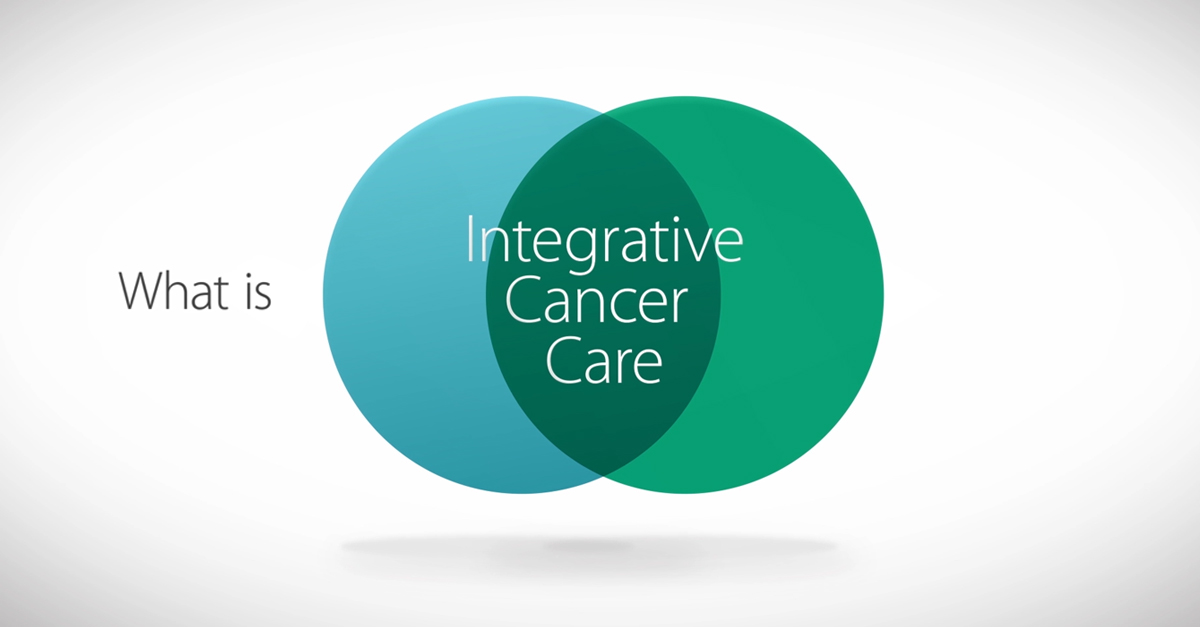
Cancer patients often take a hit to the immune system, typically because treatments used to fight the disease may deplete the white blood cells that help ward off infection, impairing the body’s ability to protect itself. Some patients believe that changing their diet—say, by swapping out their daily bag of chips for an apple—will strengthen their immune system and help it battle cancer. But they’re only partly correct.
Although healthy nutrition choices may re-energize the immune system, helping it fight off other illnesses, that doesn’t mean it will empower it to kill the cancer. “People often make better nutritional choices to try to beat their cancer, but what it actually helps do is keep other infections, like the cold and flu, at bay,” says Carolyn Lammersfeld, Vice President of Integrative Medicine at Cancer Treatment Centers of America® (CTCA). This common misconception is important to debunk, Lammersfeld says, to prevent patients from using nutrition as a cancer treatment.
Finding nutrients that help
Still, supporting the immune system during cancer treatment is critical, because it may help you heal and recover faster, while helping you feel stronger and more energized, Lammersfeld says. It also may help you better tolerate cancer treatment and treatment-related side effects. “It’s important to think of your immune system as just that, a system, not a single entity,” Lammersfeld says. “There are different things you can eat that will hopefully improve the function of different parts of the system.”
Vitamin C, for example, stimulates the production of antibodies. This key nutrient is found in foods like oranges, peppers, berries, tomatoes and broccoli. Vitamin E works as an antioxidant, and naturally occurs in seeds, nuts and vegetable oils. Other important nutrients that may help support the immune system include:
- Protein, found in seafood, eggs, milk, cheese, yogurt, lean meat and beans
- Vitamin A, found in green- or orange-colored fruits and vegetables, such as sweet potatoes, carrots, kale, spinach and apricots
- Zinc, found in lean meats, poultry, seafood, seeds and nuts
“A lot of this reinforces the heavy emphasis we place on a plant-based diet with lean proteins,” Lammersfeld says. “And it gives patients a way to support themselves.”
Boosting the immune system
While nutrition can’t help the immune system fight cancer, some cancer treatments can. Immunotherapy is designed to empower the immune system to recognize cancer cells as harmful so it is more likely to launch an attack. Unlike dietary changes, “these anti-cancer drugs clearly do ‘boost the immune system,’” says Dr. Maurie Markman, President of Medicine and Science at CTCA®. Immunotherapy drugs known as checkpoint inhibitors, for example, are designed to prevent certain cancer cells from sending deceptive signals that allow them to hide from the immune system, exposing them as harmful.
“It’s very important for people to understand that while the immune system may be weaker during cancer treatment, good nutrition may aid in warding off infections and with wound healing, but cancer treatments are the only way we know of right now to actually fight the cancer,” Lammersfeld says.
Learn more about how immunotherapy works.


